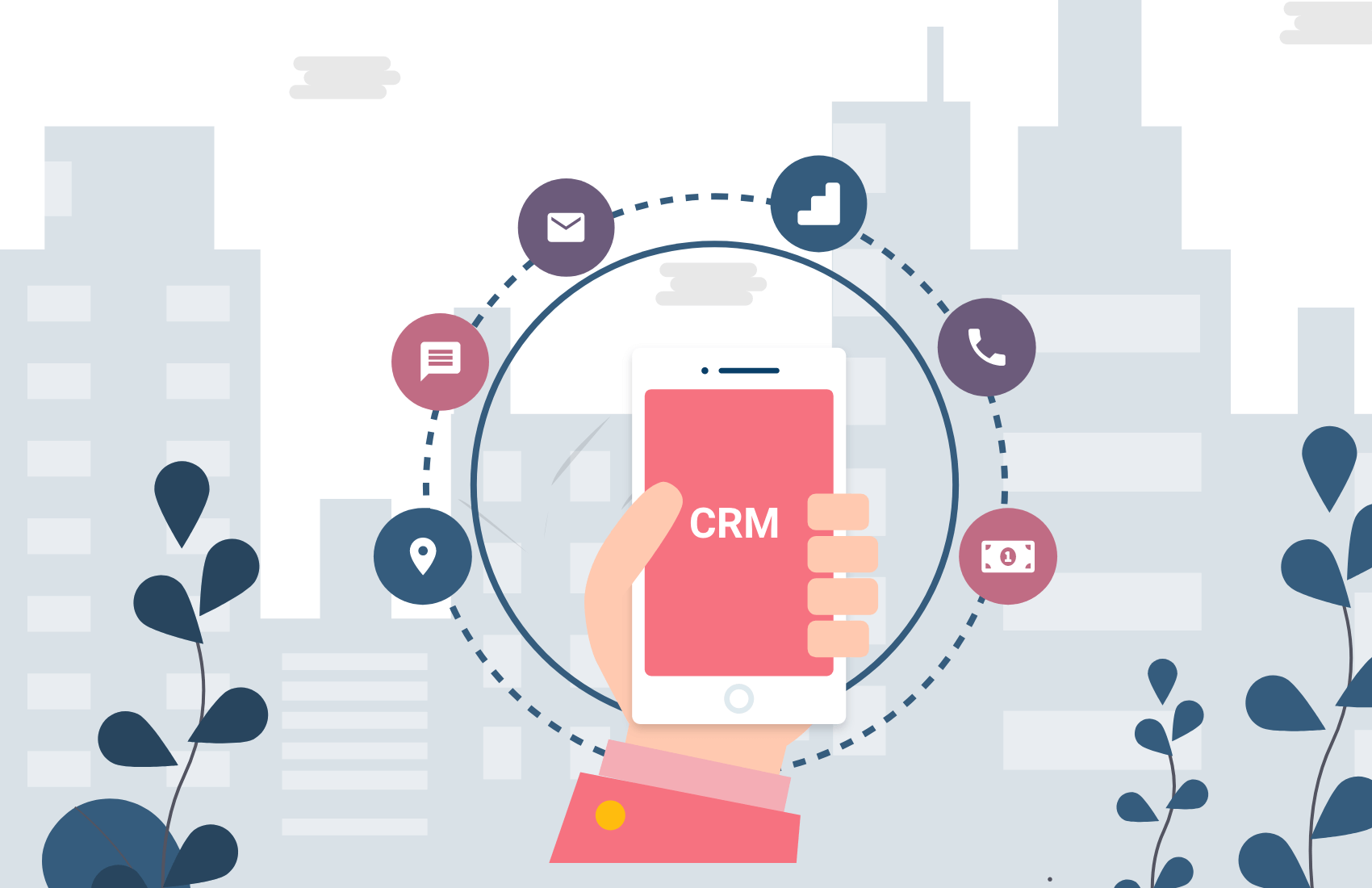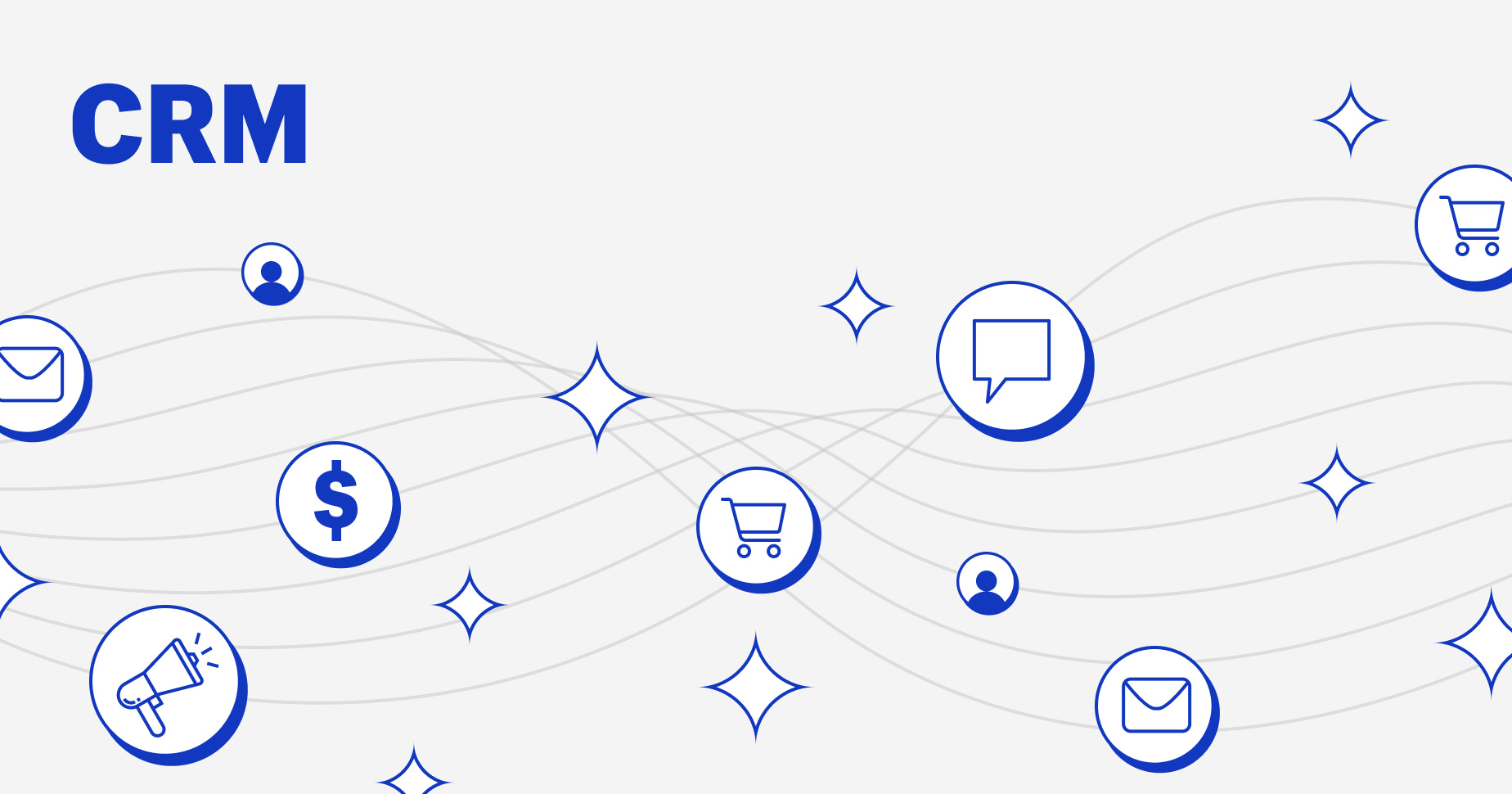The Advantages of CRM in Marketing
Enhanced Customer Understanding: CRM empowers businesses to gather comprehensive data about their customers’ preferences, behaviors, and interactions. This data goldmine allows for highly personalized marketing strategies.
Data-Driven Decision Making: With CRM, marketing decisions are no longer shots in the dark. Data-driven insights enable marketers to make informed choices, optimize campaigns, and achieve better ROI.
Streamlined Communication: Say goodbye to scattered emails and missed opportunities. CRM centralizes communication, ensuring that every interaction is consistent, timely, and meaningful.
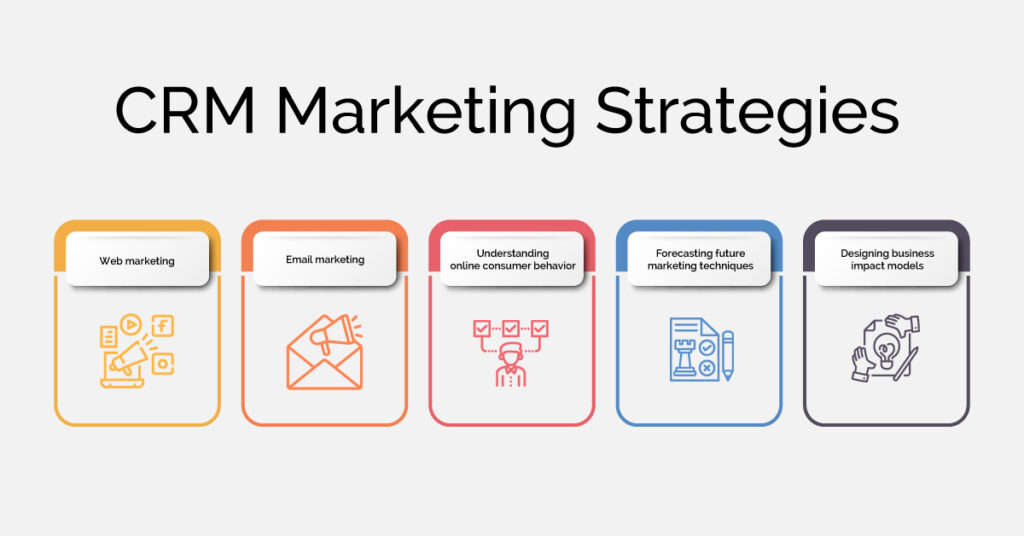
Precise Targeting: CRM enables businesses to segment their audience based on various criteria. This segmentation paves the way for tailored marketing campaigns that resonate with different customer groups.
Time and Resource Efficiency: Automation is a cornerstone of modern CRM systems. By automating repetitive tasks, marketers can focus on creative strategies and high-level decision-making.
Empowered Sales Teams: CRM tools provide sales teams with a holistic view of customer interactions. This knowledge equips them to engage in more meaningful conversations and close deals effectively.
Omni-Channel Engagement: Customers expect seamless experiences across various channels. CRM facilitates this by integrating data from different touchpoints, ensuring consistent engagement.
The Disadvantages of CRM in Marketing
Overreliance on Automation: While automation boosts efficiency, overreliance can lead to robotic interactions that lack the human touch, potentially alienating customers.
Complex Implementation: Implementing a CRM system can be challenging, requiring time and effort to migrate existing data, train staff, and align processes.
Data Privacy Concerns: Gathering extensive customer data raises concerns about privacy and security. Businesses must handle data responsibly to maintain trust.
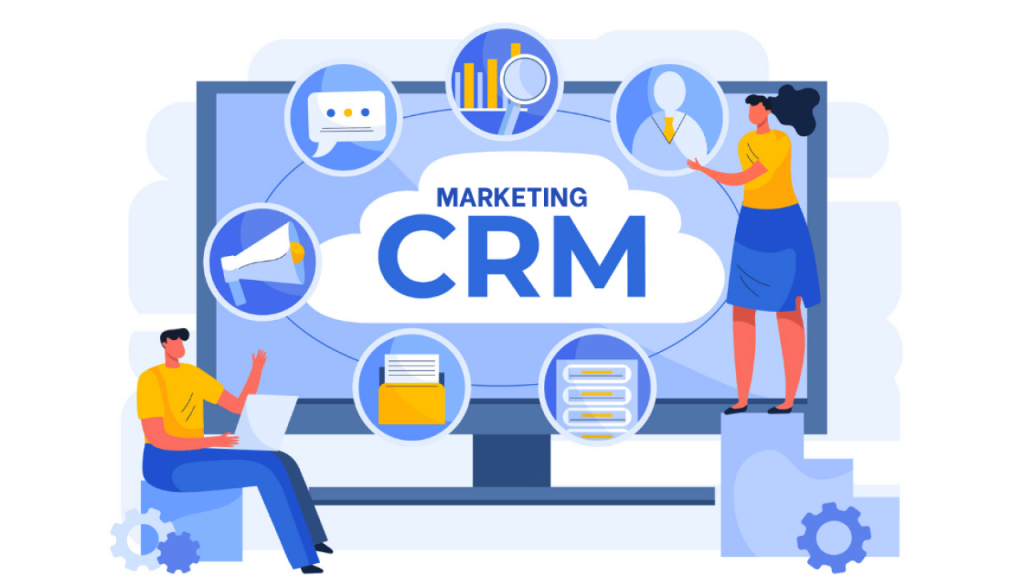
Learning Curve: New technologies often come with a learning curve. Some employees might struggle to adapt to the CRM system, impacting its effective utilization.
Constant Maintenance: CRM systems need regular updates and maintenance to function optimally. Neglecting these aspects can lead to glitches and inefficiencies.
Costly Investments: Implementing and maintaining a robust CRM system can be expensive, especially for small businesses with limited budgets.
Resistance to Change: Employees might resist adopting new tools, particularly if they’re accustomed to existing methods. This can hinder the successful integration of CRM.
Exploring CRM in Depth
| Aspect | Details |
|---|---|
| Data Collection | CRM gathers customer data from various sources, creating a comprehensive profile for personalized marketing. |
| Segmentation | Segmenting customers based on demographics, behavior, and preferences enhances targeting accuracy. |
| Automation | Automating tasks like follow-ups and lead nurturing streamlines workflows and improves efficiency. |
| Analytics | CRM provides insights into campaign performance, customer engagement, and sales conversion rates. |
| Integration | Integrating CRM with other tools like email marketing platforms enhances cross-channel engagement. |
| Personalization | Using CRM data, businesses can create hyper-personalized marketing messages that resonate with customers. |
| Customer Service | CRM systems enable seamless customer support by centralizing communication and issue resolution. |
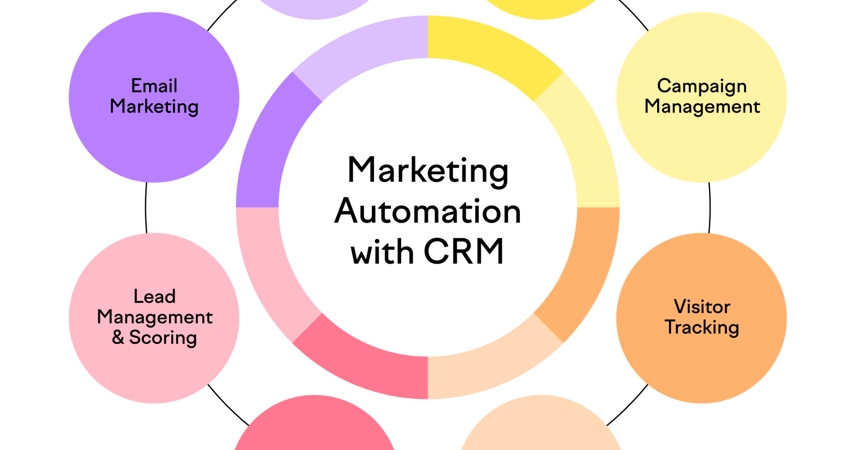
Frequently Asked Questions about CRM in Marketing
1. What exactly is CRM in marketing?
CRM in marketing refers to the strategic approach and technologies used to manage and enhance interactions with customers throughout their journey.
2. How does CRM impact customer loyalty?
CRM enables businesses to provide personalized experiences, fostering strong customer relationships that lead to loyalty.
3. Can small businesses benefit from CRM?
Absolutely! CRM systems can be scaled to suit the needs and budgets of small businesses, aiding growth and customer retention.
4. What challenges might arise during CRM implementation?
Challenges could include data migration, employee resistance, and the need for process realignment.

5. Is CRM limited to B2C businesses?
Not at all. CRM principles can be applied to both B2C and B2B businesses, optimizing customer interactions and satisfaction.
6. How can businesses ensure data privacy with CRM?
Businesses must adhere to data protection regulations, implement secure storage practices, and obtain customer consent for data usage.
7. Can CRM replace human customer service representatives?
While CRM enhances customer service, the human touch remains crucial for complex queries and building emotional connections.


